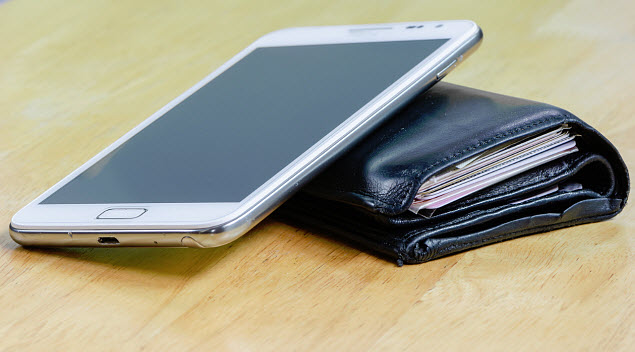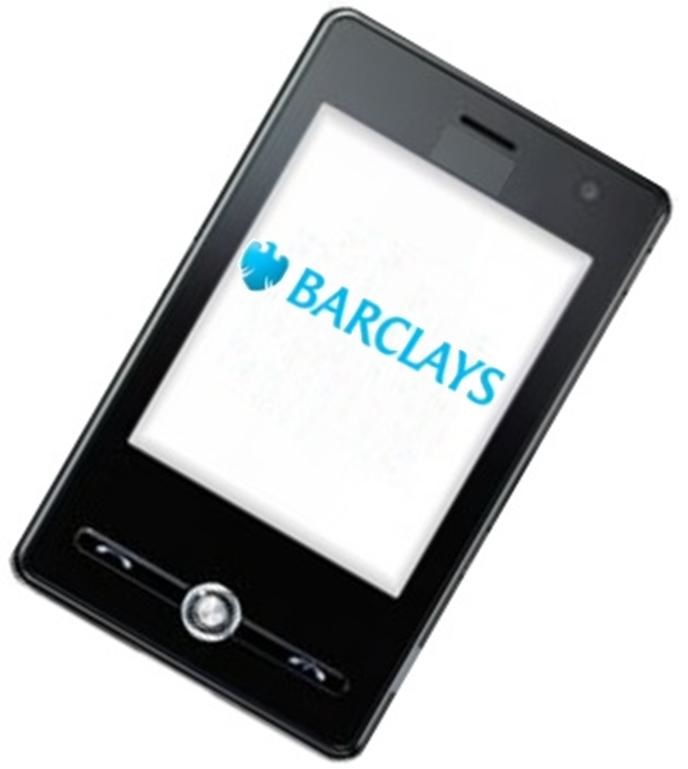Bank introduces the Rabo Wallet, which supports NFC-based mobile payments
Rabobank, a Dutch multinational bank, has launched a new application that will facilitate mobile payments. The app supports NFC technology and is currently available for the Samsung Galaxy S4 and Galaxy Note 3. Named Rabo Wallet, the new app serves as the bank’s next step in engaging mobile consumers. With mobile payments growing more popular throughout the world, banks have begun to launch services that support these transactions in order to meet the needs of their customers.
Companies partner to make a new mobile payments platform possible
Rabobank has partnered with Giesecke & Devrient and Samsung in order to launch the new application. This partnership has made it possible for the companies to engage mobile consumers more effectively and will make use of services and technologies developed by both Giesecke & Devrient and Samsung. These services are expected to make Rabo Wallet a valuable tool for consumers that are interested in making payments with their mobile devices, balance their bank accounts, and store loyalty points that are offered by retailers.
Mobile wallet features are becoming more popular as consumers show greater interest in mobile payments
Mobile wallets are quite similar to their physical counterparts. These applications are designed to store financial information digitally, making it easier to access this information. These applications are widely used by those that wish to conduct mobile payments and several mobile wallets have been released in the past two years. There is a great deal of competition in the mobile payments space because of the number of wallet applications that are currently available, making it difficult for a singular platform to stand out among consumers.
Rabobank may help bring more security to the digital payments space
Mobile wallets have recently come under harsh criticism for their exposure to digital threats. Many platforms do not have the adequate security measures in place to stop hackers from stealing consumer financial information. Rabobank has extensive experience when it comes to security, however, which may ensure that Rabo Wallet is able to keep the information of its users safe from exploitation.
The operator from the United Kingdom has announced the start of fares paid through smartphone transactions.
In the United Kingdom, a regional bus operator has now announced that it will be accepting mobile payments to let riders pay for their fares using the Barclay’s Pingit app, using their smartphones.
The bus company, First West Yorkshire, is among the first in the country to enable Pingit fares.
First West Yorkshire, has made an announcement that has revealed that it will be beginning the use of the mobile payments service in order to provide riders with an additional transaction method. The service that they have chosen is Pingit, the app that was initially introduced by Barclays back in 2012. The transportation industries in the United Kingdom have not yet broadly adopted smartphone based payments, making this local operator among the first to take that first step into this sphere.
The choice to use mobile payments was meant to be a reflection of the company’s intention to keep up with what consumers want.
 According to the First West Yorkshire managing director, Paul Matthews, “Our partnership with Barclays puts First at the forefront of bus ticketing technology and reflects our commitment to grasp ever more innovative ways to make bus travel better, easier and more convenient.”
According to the First West Yorkshire managing director, Paul Matthews, “Our partnership with Barclays puts First at the forefront of bus ticketing technology and reflects our commitment to grasp ever more innovative ways to make bus travel better, easier and more convenient.”
Though this bus operator is among the first in the U.K. transportation industry to make this move into appealing to consumers with mobile devices, the rest of the world has been catching on at an increasing rate. Some have predicted that this will be an important trend in areas such as travel and in public transportation. Mobile check-ins, for instance, are becoming increasingly commonplace among airlines in airports.
Some cities around the world have also been piloting programs that have been testing the use of smartphone based ticketing for their bus and subway systems. Among the key challenges has been choosing technology that would be compatible with the largest number of mobile devices as there has yet to be a standard within the very young smartphone based transaction industry.
From First West Yorkshire’s point of view, the mobile payments ticketing service has been chosen to give riders a quick, easy, and convenient way to use their smartphones to purchase and store their fares.


 According to the First West Yorkshire managing director, Paul Matthews, “Our partnership with Barclays puts First at the forefront of bus ticketing technology and reflects our commitment to grasp ever more innovative ways to make bus travel better, easier and more convenient.”
According to the First West Yorkshire managing director, Paul Matthews, “Our partnership with Barclays puts First at the forefront of bus ticketing technology and reflects our commitment to grasp ever more innovative ways to make bus travel better, easier and more convenient.”